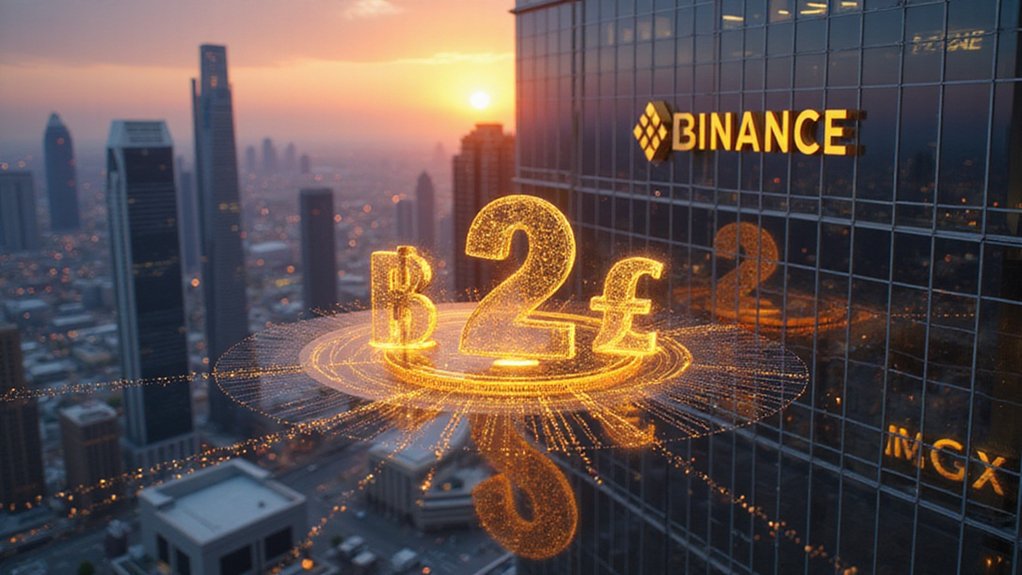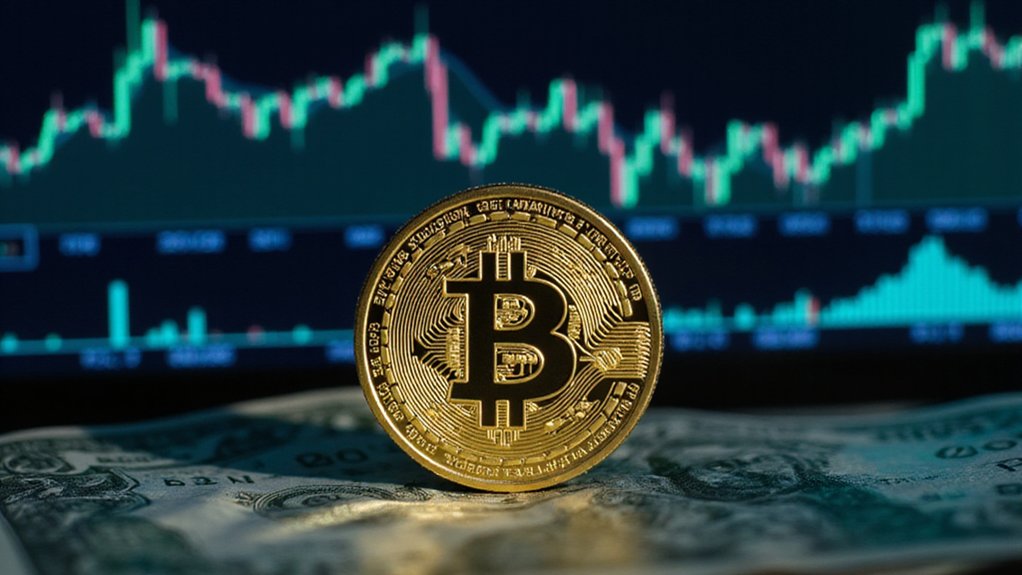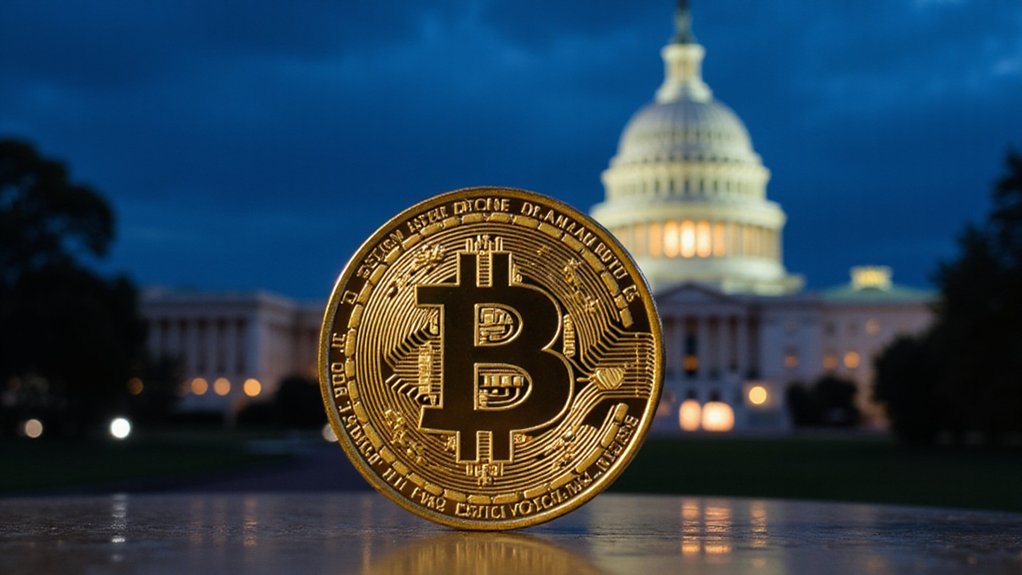A battle for the economic future of Solana is brewing as stakeholders grapple with a contentious proposal to overhaul the blockchain's inflation model. The SIMD-0228 proposal, authored by Multicoin Capital and Anza economists, aims to replace Solana's current fixed inflation schedule with a dynamic, market-driven approach that could reduce inflation by up to 80%.
Solana's current model follows a fixed schedule starting at 8% annually, decreasing by 15% each year toward a long-term target of 1.5%. Critics argue this system overcompensates validators at the expense of token holders.
Solana's fixed 8% inflation stepping down annually by 15% overrewards validators while diluting general token holders' investments.
The new proposal would adjust inflation based on staking participation rates, targeting an ideal 33% staking rate. With this threshold, the annual inflation rate could drop from 4.5% to as low as 0.87% at threshold.
"This proposal reduces unnecessary inflation," states Solana co-founder Anatoly Yakovenko, highlighting the potential benefits of decreased token dilution and reduced selling pressure from validators.
Other prominent supporters include Mert Mumtaz, who believes it will strengthen the overall network, and Chris Burniske, who argues it encourages real economic value creation.
Opposition has emerged from various corners of the Solana ecosystem. "The proposal is half-baked," warns Lily Liu, while David Grider raises concerns about centralization risks.
SolBlaze.org representatives contend the changes could threaten network security, potentially causing the loss of 50-200 smaller validators.
The community will vote on the proposal during Epoch 753 in March 2025, requiring a two-thirds majority for approval. Prominent community members like Tushar Jain and Max Resnick have voiced strong support for these dynamic emissions to enhance staking incentives. If passed, implementation would occur gradually over 50 epochs to minimize disruption.
At stake are competing visions for Solana's economic future. Proponents envision improved long-term value proposition and increased institutional appeal through reduced inflation.
Opponents fear unpredictable staking yields and compromised decentralization.
The debate highlights fundamental questions about blockchain economics: how to balance validator incentives with token value preservation, and whether market-driven mechanisms can effectively secure decentralized networks.
Whatever the outcome, the decision will significantly impact Solana's trajectory in the competitive landscape of high-performance blockchains.





